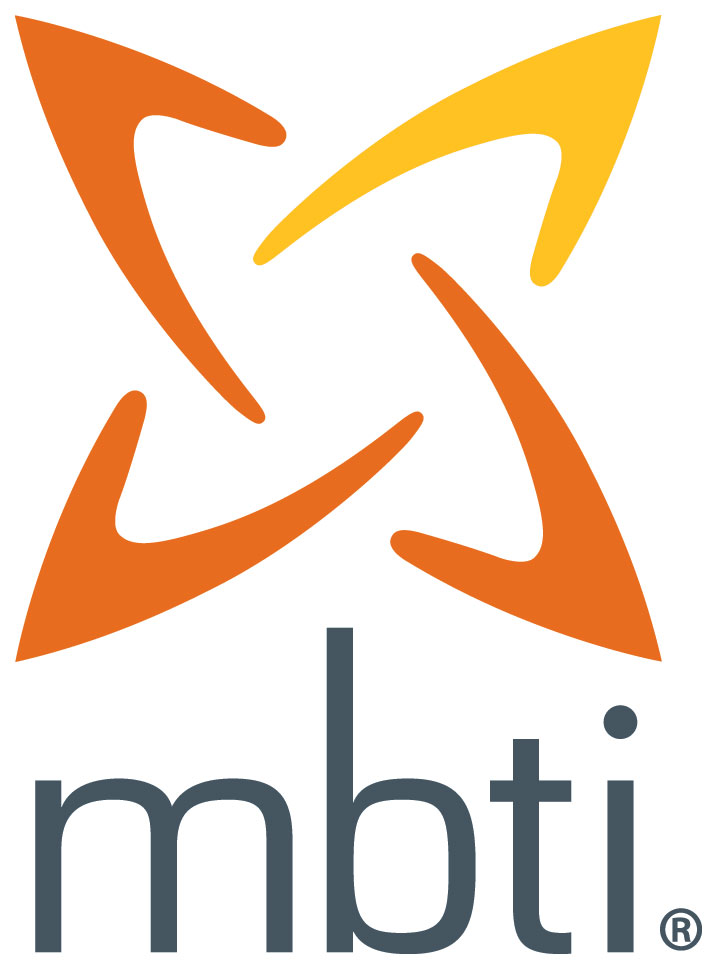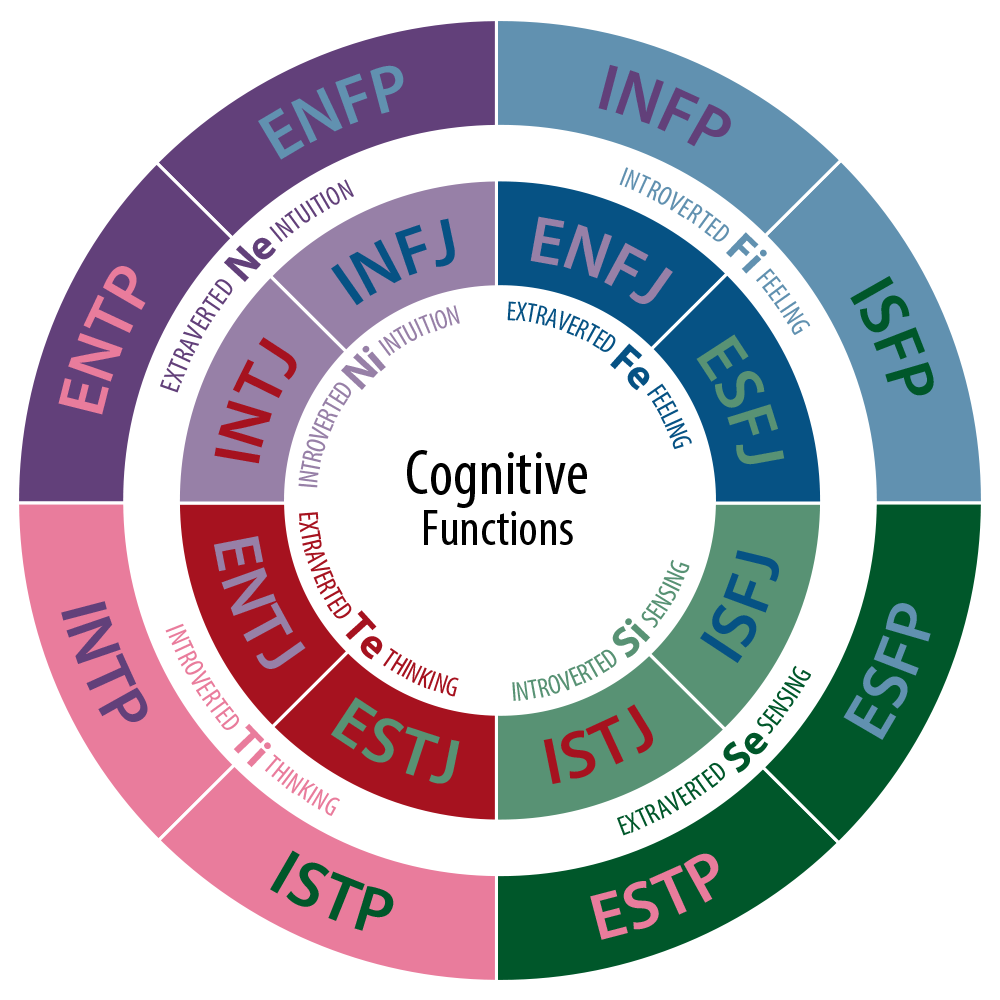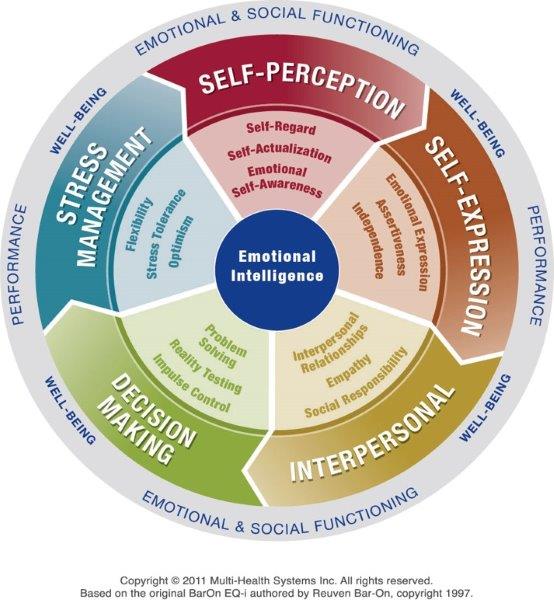Psychometric assessments are a standard and scientific methodolgy used to measure individual capabilities, behavioural styles, emotional awareness, personality types and natural abilities.
MYERS BRIGGS TYPE INDICATOR® (MBTI®)
 The essence of the theory is that much seemingly random behaviour is actually quite orderly and consistent , owing to basic differences in the ways individuals are orientated towards the outside world, how they take in information and draw conclusions about what they perceive. The essence of the theory is that much seemingly random behaviour is actually quite orderly and consistent , owing to basic differences in the ways individuals are orientated towards the outside world, how they take in information and draw conclusions about what they perceive.

Developed in the 1940s by Katherine Cook Briggs and Isabel Briggs Myers, the MBTI® assessment was created to make Carl Jung's theory of human personality understandable and useful in everyday life. Today the MBTI® tool is the most widely used personality assessment in the world, recognised by many as the best available resource on the market. Business and individuals have been using this powerful tool for 70 years with millions worldwide taking the indicator each year, including many Fortune 500 companies.
The MBTI® indentifies an individual's preference for Extraversion (E) or Introversion (I), Sensing (S) or Intuition (N), Thinking (T) or Feeling (F), and Judging (J) or Perceiving (P) - indicated by a four letter type 'code'.
Areas of use:
- Self understanding
- Career development and exploration
- Organisation development
- Team Building
- Management and leadership training
- Problem solving
- Relationship counselling
- Education and curriculum development
- Academic counselling
- Diversity and multicultural training
Emotional Quotient Inventory EQ-i 2.0®
 Emotional Intelligence is a set of emotional and social skills that influence the way we percieve and express ourselves, develop and maintain social relationships, cope with challenges and use emotional information in an effective and meaningful way. Emotional Intelligence is a set of emotional and social skills that influence the way we percieve and express ourselves, develop and maintain social relationships, cope with challenges and use emotional information in an effective and meaningful way.
The Emotional Quotient Inventory (EQ-i 2.0®) is one of the first scientifically validated and one of the most widely used instruments in the world. It builds on the success and insights of the BarOn EQ-i® instrument by introducing an updated model of emotional intelligence and introduces some differences that stem from changes, based on extensive feedback, to assessment items, updated norms and rigorous reliability and validity studies.

- Perceive and express ourselves
- Develop and maintain social relationships
- Cope with challenges
- Use emotional information in an effective and meaningful way
While Emotional Intelligence isn't the sole predictor of human performance and development potential, it is proven to be a key indicator in these areas. Emotional intelligence is also not a static factor - to the contrary, one's emotional intelligence can change over time and can be developed in targeted areas.
It is a predictor of success in life and work and can be used for: workplace/leadership/teams/360° evaluation
Areas of use:
- Selection
- Self awareness
- Succession planning
- Leadership development
- Executive coaching
- Team effectiveness
|